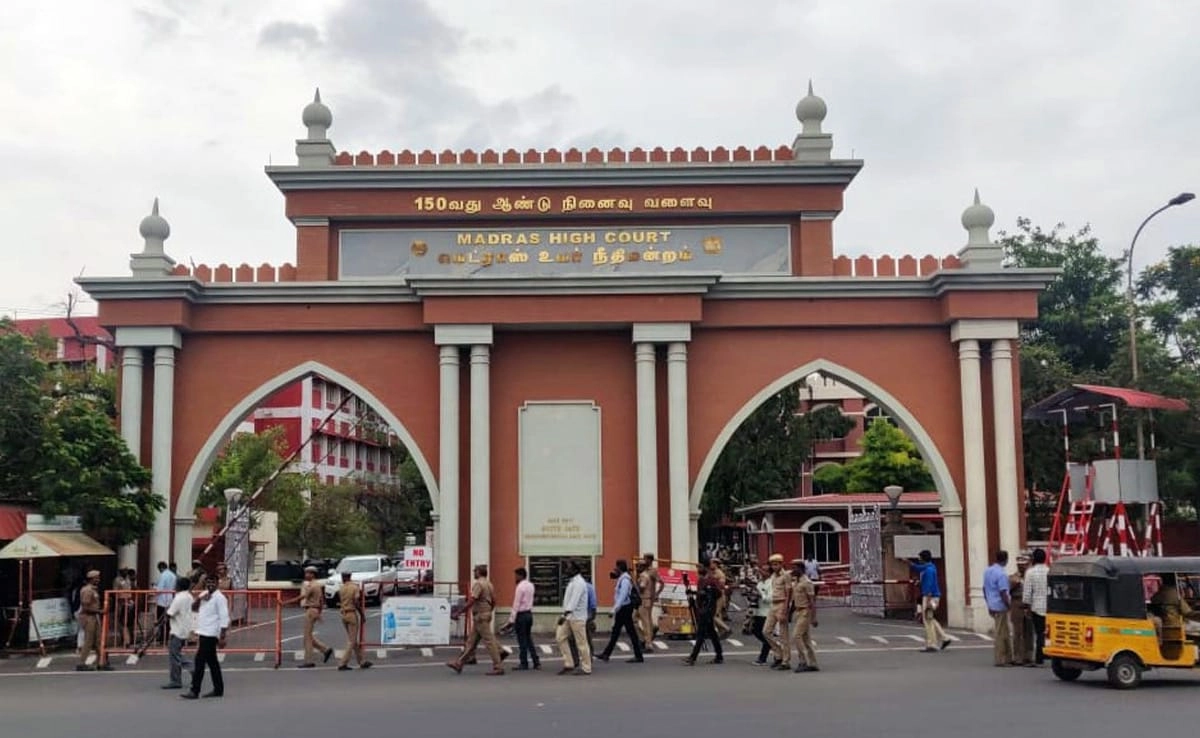The Madras High Court has recently taken a strong stance against bureaucratic negligence by imposing a fine of Rs 1 lakh on a government official for contempt of court. This ruling underscores the judiciary’s commitment to upholding its authority and ensuring compliance with court orders. The case emerged from a situation where the bureaucrat failed to adhere to a previous court directive, which raised serious concerns about accountability within the public administration. Such actions not only undermine the judicial system but also erode public trust in governmental institutions, making it imperative for the courts to intervene decisively.
The court’s decision to impose a monetary penalty serves as a significant reminder to all government officials about the importance of following legal directives. It highlights that contempt of court is a serious offense, particularly when it involves those in positions of power who are expected to set an example of integrity and adherence to the rule of law. The High Court’s intervention also signals to other bureaucrats that failure to comply with court orders will not be tolerated and that there will be consequences for their inaction or disregard for judicial mandates.
Moreover, this case sheds light on the broader issue of bureaucratic accountability in India. The relationship between the judiciary and the executive is crucial for maintaining the balance of power and ensuring that citizens receive fair and just treatment. When bureaucrats neglect their responsibilities or defy court orders, it not only affects individual cases but can also have a widespread impact on governance and public administration. The Madras High Court’s ruling may serve as a catalyst for reform, prompting a reevaluation of practices within government departments and encouraging a culture of respect for the judiciary.
As the legal landscape continues to evolve, the implications of this ruling may extend beyond this isolated case. It could inspire similar actions in other jurisdictions, reinforcing the need for bureaucrats to be mindful of their obligations to the judiciary. Ultimately, the Madras High Court’s firm stance against contempt underscores a vital principle: that the rule of law must prevail, and that all individuals, regardless of their position, are subject to the same legal standards. This case exemplifies the judiciary’s role as a guardian of justice, ensuring that accountability and transparency remain at the forefront of governance.




